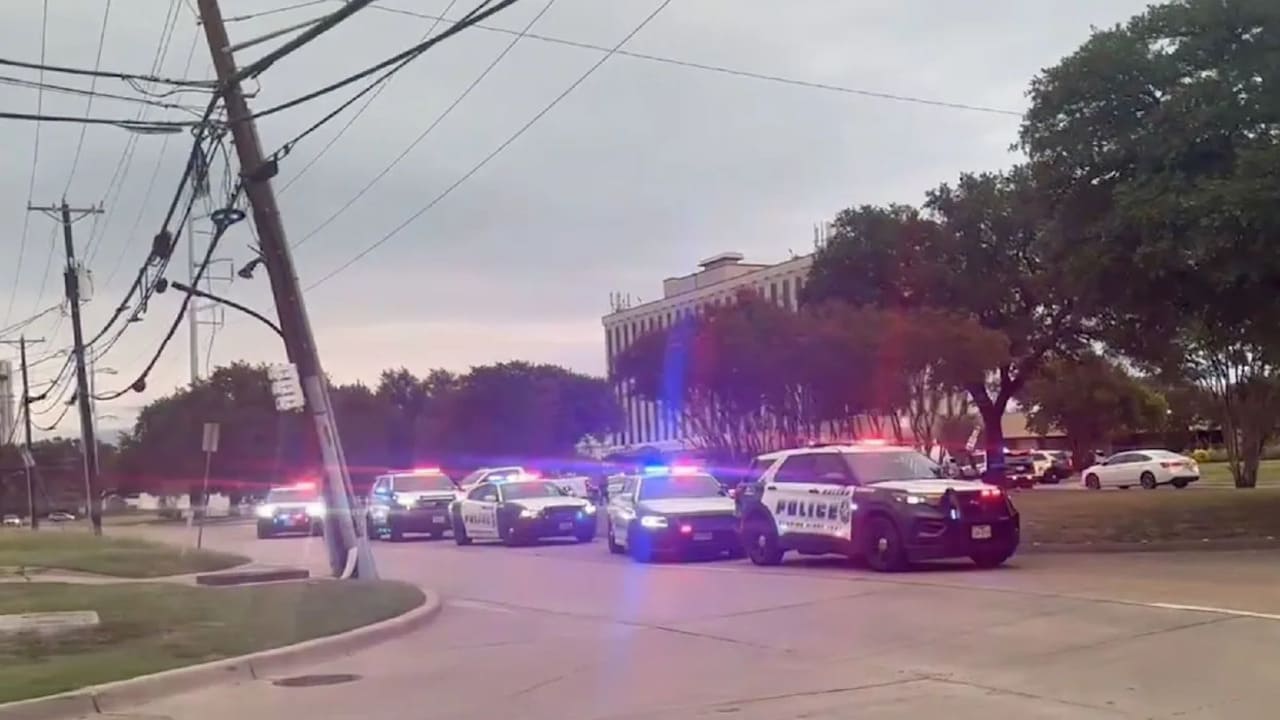
IndependentReport – The city of Dallas was shaken after a violent incident at a US immigration office, specifically the Immigration and Customs Enforcement (ICE) detention facility. A suspected sniper opened fire on the building, leaving three people injured before the gunman was reported dead at the scene. The event immediately drew national attention, not only because of the casualties but also because it raised serious concerns about rising threats against federal agencies.
Authorities confirmed that the shooting took place in broad daylight, with staff and visitors caught in the chaos. Emergency responders rushed to the scene, transporting the injured to nearby hospitals. While the victims survived, their conditions have not been fully disclosed. The sniper’s identity and background are still under investigation, but the initial findings suggest that the attack was deliberate and targeted.
In the aftermath, the Department of Homeland Security condemned the attack and vowed to strengthen security at immigration facilities nationwide. Kristi Noem, the US Secretary of Homeland Security, stated that the assault against a US immigration office marked an unprecedented escalation in violence. According to her, ICE officers and employees are increasingly working under the shadow of threats that compromise their safety.
Federal law enforcement agencies, including the FBI and local Dallas police, have joined forces to investigate the shooter’s motives. Early reports do not point to an organized group, but officials remain cautious. Given the political debates surrounding immigration in the United States. Concerns have been raised about whether anti-government sentiment or anger toward immigration policies could have fueled the act.
Read More : DOJ Pushes for Structural Remedies in Google Antitrust Trial
The incident has left many unanswered questions. However, several important details have been confirmed by authorities:
These facts outline the severity of the incident and highlight why security experts are calling for immediate reassessment of safety protocols at immigration-related institutions.
This attack has sparked broader discussions about the security of US immigration offices across the country. Many argue that detention centers, processing facilities, and federal offices require tighter protection due to their visibility in the immigration debate. Employees of these institutions already face daily pressure, and incidents like the Dallas shooting intensify concerns for their safety.
For communities, the attack also stirs fear and uncertainty. Dallas residents expressed shock that such violence could erupt in their city. Some worry that immigration offices might become recurring targets of politically motivated violence, further polarizing public opinion. Others stress the need for addressing underlying tensions through dialogue and policy reform rather than violence.
Also Read : Entertainment and Culture in the Era of High-Tech Malls
In the days ahead, ICE and the Department of Homeland Security are expect to roll out new measures to protect staff and facilities. Discussions include enhancing surveillance systems, adding armed security at sensitive offices. Providing additional training for personnel on how to respond in active shooter situations.
Beyond physical security, officials also emphasize the importance of reducing hostility toward immigration workers. Public campaigns to explain the role of ICE and its responsibilities could be one way to ease tensions. However, critics argue that systemic reform in immigration policies is the real solution to long-term conflict.
The sniper attack on a US immigration office in Dallas is more than an isolated act of violence. It symbolizes the growing risks faced by federal agencies at the intersection of law enforcement and political controversy. While three people are fortunate to have survived. The event leaves behind urgent questions about security, public trust, and the future of immigration policy in the United States.
This Article About US Immigration Office Written by: Lukman Azhari | Editor: Micheal Halim
Information Source: BBC.com